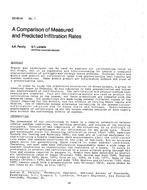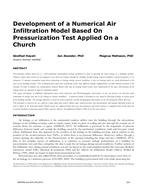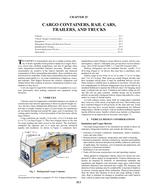The emerging and improvement of smart grids, net–zero energy buildings, and advanced building energy demand response technologies continuously drive the needs for better building control and operation strategies and building energy simulation testbeds. However, current building operation strategies and simulation testbeds are all developed assuming that buildings do not share energy resources. In this study, it is envisioned that similar to micro-communities in a human society, neighboring buildings will have the tendency to form a cluster, an open cyber-physical system to exploit the economic opportunities provided by a smart grid, distributed power generation, and storage devices. Through optimized demand management, these building clusters will then reduce overall primary energy consumption and peak time electricity demand, and be more resilient to power disruptions. This building cluster concept will be able to fundamentally transform the energy industry by shifting expensive on-site energy generation aimed at creating NetZero buildings one-at-a-time to an autonomous and adaptive system of buildings aimed at NetZero clusters. To better develop the operation strategies for such net-zero energy building clusters, this study aims at developing a building cluster emulator that is capable of simulating realistic energy behaviors of a cluster of buildings and their energy generation and storage devices, such as PV panels, battery devices, thermal storage tank etc. The emulator is able to interact with simulated control and operation strategies, as well as to connect to real-world building control system through BACnet interface in the future. Multiple simulation environments are utilized in developing the emulator: each building in this cluster as well as a shared thermal storage device is modeled in the EnergyPlus environment. Another building simulation environment is utilized to simulate electrical power generation and storage systems. All models are interconnected through a Building Controls Virtual Test Bed environment, which is also used to connect the emulator with a commonly used computation environment, as well as with a BACnet interface in the future. A proof-of concept demonstration is also conducted in this study.
Citation: ASHRAE Papers CD: 2014 ASHRAE Annual Conference, Seattle, WA
Product Details
- Published:
- 2014
- Number of Pages:
- 8
- File Size:
- 1 file , 2.7 MB
- Product Code(s):
- D-SE-14-C013


